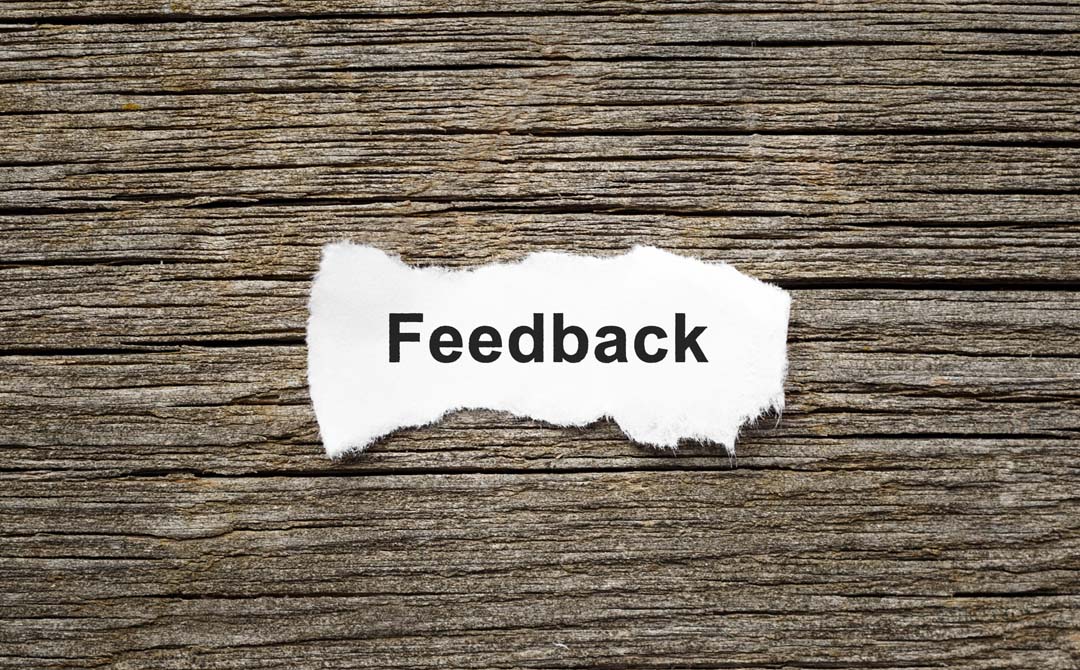This month, Jo Cook examines a painful feedback session and urges us to take our interpersonal skills more seriously
Reading time: 2m 30s.
Feedback is a gift, so the saying goes. And it is – when it’s positive and affirming of all the lovely things we think about ourselves.
But what about when it’s constructive criticism about the output of our work? Perhaps that’s OK, because we often know there’s something we can improve or something we’ve missed. And what if it is about our behaviour – which means it is about us, the core of who we think we are and what we think we are projecting to the world?
The constructive feedback then can really hit us and elicit strong negative emotions for us to deal with.
A while ago, I was in a situation where I thought my behaviour in the group was positive and inclusive. I was putting effort in to being a team player, and being nice to people that, well, I didn’t really appreciate. The feedback I got afterwards wasn’t the shining positivity I thought I was projecting at the time. That hurt.
This is about interpersonal skills and how we tackle them. It’s body language, communication, listening, collaboration, attitude, work ethic, self-confidence and so much more.
It hurt because my true feelings were leaking. It hurt because the feedback was about the heart of me – my judgments, my actions. It hurt because I didn’t know that was coming across.
I’ll be honest, I didn’t like the feedback. I didn’t like hearing it and, naturally, my initial reaction was defensive. I told the story of the situation, and I started exonerating my actions. I did that to try to take the sting out of the feedback and place blame elsewhere. I hadn’t done anything that was evil, horrific or permanently damaging but, in a group of people, the impact of actions gets remembered.
My actions affect my personal brand and how people interact with me in the future. This is about interpersonal skills and how we tackle them. It’s body language, communication, listening, collaboration, attitude, work ethic, self-confidence and so much more.
I get a lot of self-confidence and inner warmth to hear the positive about me, my work and how I help people. But that also means I need to be open and learn to deal with the other feedback as, no matter my intentions, not everything is perfection. I need to make hard choices about how I tackle this type of issue in the future.
I did some soul-searching. I realised that my strong reaction was partly about developing my self-awareness, but mostly because I care about this group of people and what we are trying to achieve. I have made further conscious strides with this group to adapt how I deal with my emotions, update my thinking and approach, and hope that my actions will shine through in the future.
What interpersonal skills do you need challenging feedback on, and how are you going to cope with that?
About the author
Jo Cook is the Editor of TJ and virtual classroom specialist at her company Lightbulb Moment




